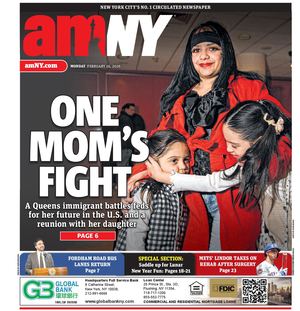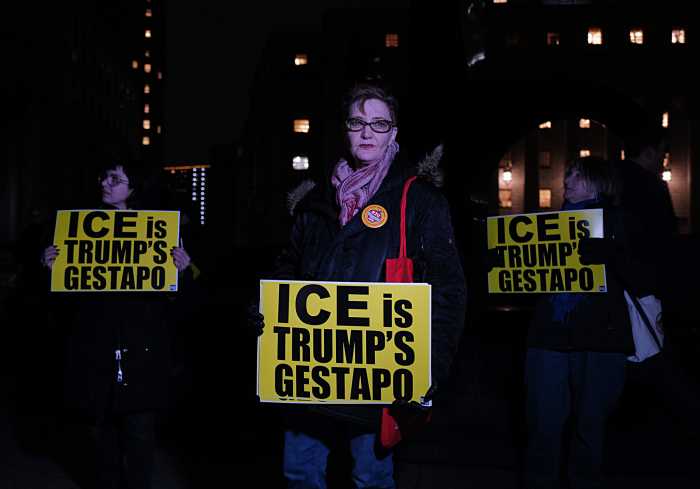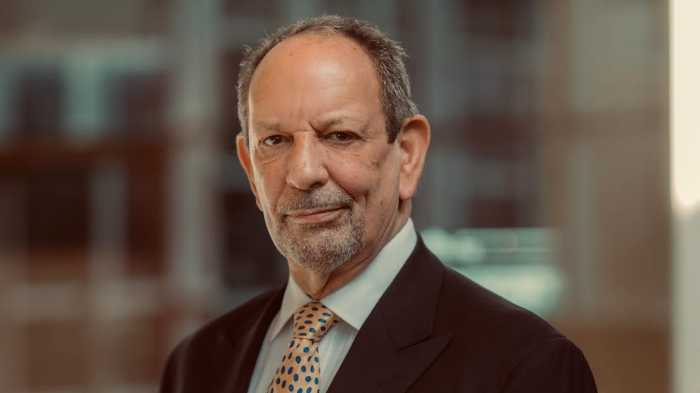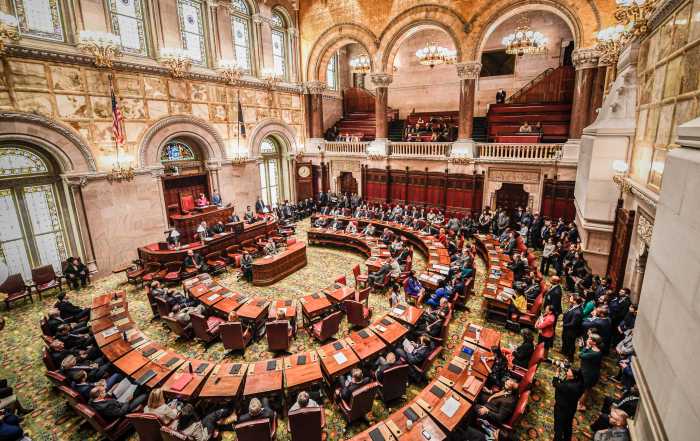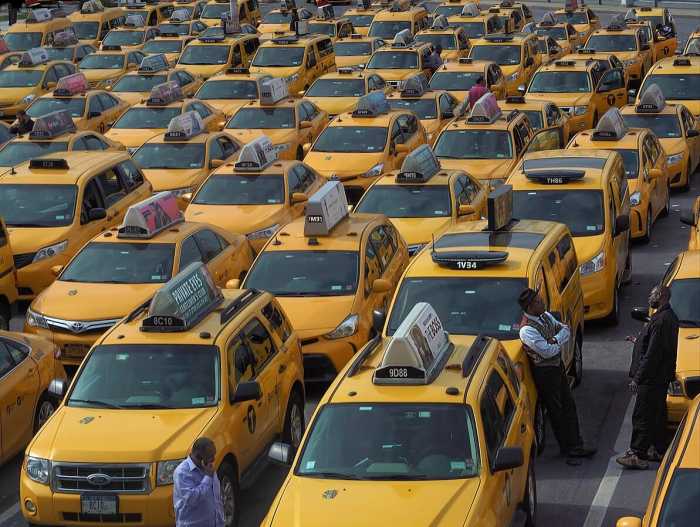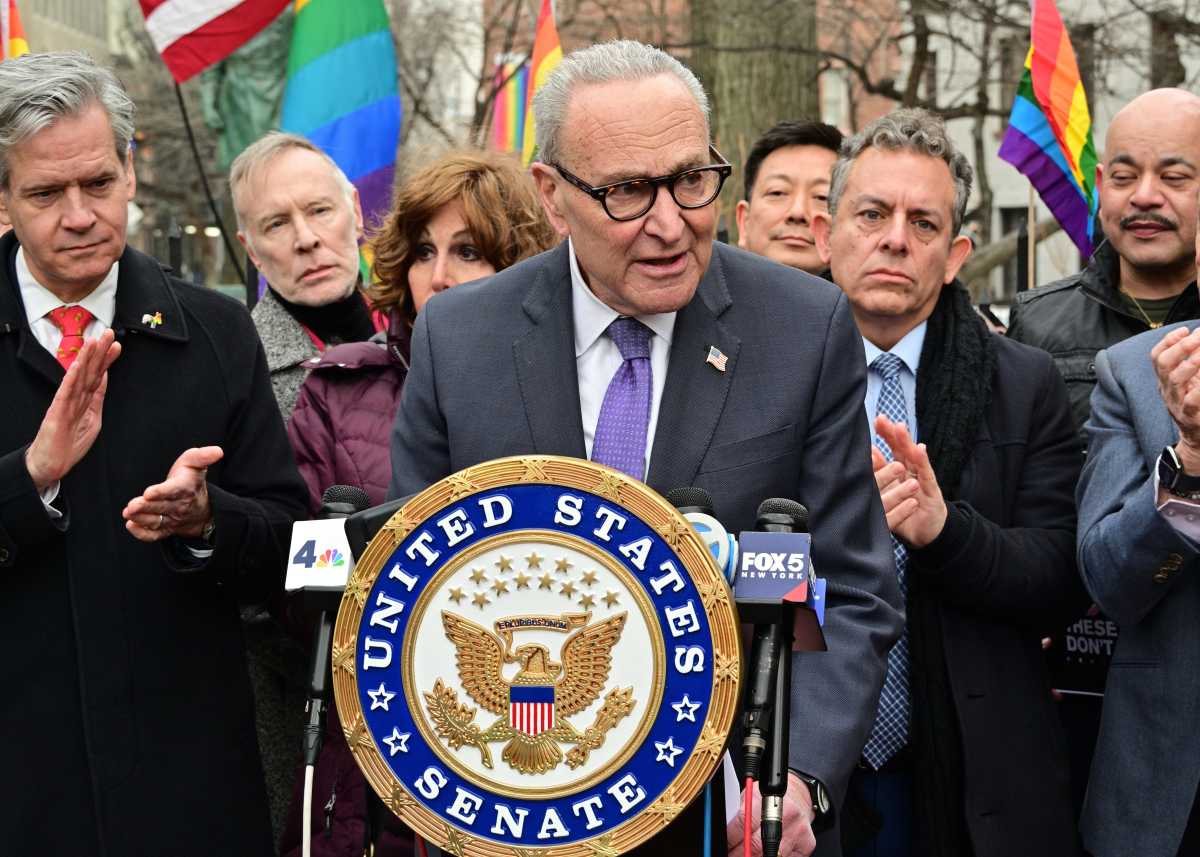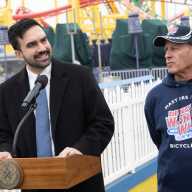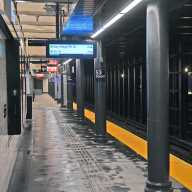There’s a lot going on with the MTA, given the Friday release of a “transformation” report about reorganizing the lumbering agency.
There’s talk of slashing redundant work, centralizing big projects and hiring new executives.
And the MTA board is set to consider this consultant-compiled plan at its monthly meeting next week.
Unfortunately, the board likely will be missing a key voice speaking up for New York City. That’s Dan Zarrilli, chief climate adviser to Mayor Bill de Blasio and not-quite-board member.
Step right up, step right up for a look at the Byzantine process of how the MTA board works. Members of the board are recommended by various political leaders — one each by county executives surrounding NYC, and four by the mayor. The governor recommends more than anyone else, which is one way in which the state’s highest elected official effectively controls the MTA. Also, he nominates even the other board members that the other honchos recommend.
That can have an effect. Witness this year, when two of the mayor’s seats become vacant, with the departure of city transportation chief Polly Trottenberg and former planning head Carl Weisbrod. De Blasio put up Zarrilli on June 3 and labor negotiator Bob Linn a couple work days earlier, putting the ball in Gov. Andrew Cuomo’s court to do the nominating.
But while Linn sped through the process at the end of the state legislative session, Zarrilli got stuck. His nomination has been going through the state’s background-check process, according to state officials.
This means that Zarrilli was not approved by the State Senate before legislators left town at the end of session in June. Barring Cuomo calling an extraordinary session or State Senate Majority Leader Andrea Stewart-Cousins coaxing her colleagues back to town, Zarrilli’s out of luck until the Senate is back in 2020.
What’s the holdup? State officials note that one of the departing city board members, Trottenberg, had agreed to stay on until her successor’s confirmation. So if Zarrilli were taking her seat instead of an already-vacant one, she could have held the spot in his absence.
But she already was on the way out and that doesn’t explain Zarrilli’s slow nomination process.
Others made it through quicker. Cuomo put up his budget director, Rob Mujica, on June 4, after Zarrilli was recommended. Yet Mujica was confirmed before the Senate adjourned. And that was a true ordeal of a process — a law change regarding residency requirements was needed and made for Mujica.
Zarrilli, whose background is apparently still being combed through by the state, has worked in high-level roles for two mayors since 2012. He is a licensed engineer and respected sustainability expert, and he served on advisory councils for the Federal Emergency Management Agency and the National Oceanic and Atmospheric Administration. That climate knowledge would be a real boon to an agency that has been inundated by bad storms in the past and is staring down future sea-level rise.
Zarrilli even has — what a thing for a potential MTA board member! — transit expertise from early work at Bechtel Infrastructure Corp. which does civil engineering.
Nominations of prospective board members sometimes get stalled. But this is a crucial time to miss, with the transformation conversation; and the ending of funding for the Subway Action Plan instituted in 2017 to stabilize the subways; and the arrival of congestion pricing to raise money and reduce traffic; and…
Zarrilli or no Zarrilli, Cuomo has enough board members to basically outvote the city if it came to that. But a vocal city board member with real subject expertise can use his or her soapbox to probe MTA decisions and frame debates in the interests of city straphangers, as Trottenberg did. It’s a big regional system and there are lots of people interested in what comes next for the MTA.
Too bad one of the soapboxes got pulled.
